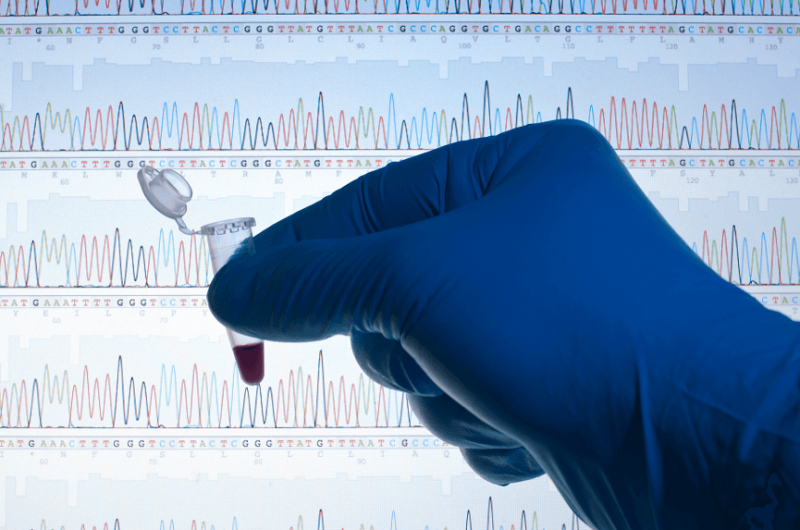Regardless of the technique employed, companies (somewhat) voluntarily test to make sure that new GMOs won’t cause allergic reactions or other health consequences like organ failure, and they also look out for possible environmental hazards, such as the creation of stubborn new weeds.
But according to a new paper published [September 1] in the journal Science, a group of agricultural scientists, biologists, and other experts say current testing procedures aren’t enough to ensure that both people and our surroundings are safe when new GM crops hit our shelves.
Stricter testing procedures could also help earn the public’s trust, the authors claim, which is sorely lacking. More than a third of U.S. respondents said GMOs are generally unsafe to eat in a Pew Research Center survey taken between October 2019 and March 2020. Meanwhile, about 90 percent of scientists think they’re safe to consume.
…
The paper suggests a solution: Companies should start off by scanning plants’ genomes — similar to what we’ve done for yeast, humans, frogs, dogs, and a bunch of other creatures — to find tiny molecular changes and glean useful genetic information. But not all scientists agree that the time-intensive method would be worth it due to the added costs and potential production delays.































